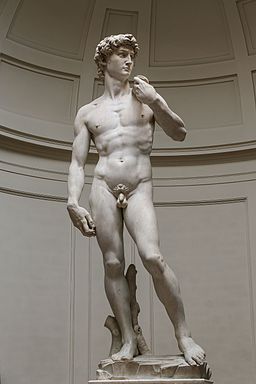Future of Taiwan
My expectations for the future of Taiwan is for a peaceful integration with the mainland of China sometime in the 2050's.
Over the coming decades, there are significant anniversaries in Chinese history (especially related the Century of Humilation):
- 2033 is the hundredth anniversary of the start of the Second Sino-Japanese War;
- 2045 is the hundredth anniversary of the end of World War II;
- 2047 is cessation of the fifty year transition of Hong Kong and Macau into the PRC;
- 2049 is the hundredth anniversary of the founding of the PRC;
- 2061 is the 150th anniversary of the founding of the Republic of China.
2047 would see the start of negotiations between Taiwan and the mainland about paths to integration as the results of the transition of Hong Kong and Macau would start to be apparrant. What the final form of this integration takes would inform these negotiations. I think that Taiwan would go for a 75 year transition for full integration just to show they are the older brother to both Hong Kong and Macau.
PRC would like to start the transition in 2049 just to celebrate the founding of the PRC. Taiwan may argue for a later start date just to frustrate this. Taiwan may argue for 2061 for start of the transition in order to celebrate the 150th anniversary of the founding of the ROC.
Difficult points for these negotiations include:
- KMT's acknowledgement of the primary role of the CPC in the political life of the PRC;
- The name of the country after integration: PRC; ROC; or some other name;
- The status of pro-independence parties during transition;
- The status of pro-independence parties after transition;
- What happens to US provided military equipment?
- Would there be a plebiscite in Taiwan about the transition treaty?
Read more!
